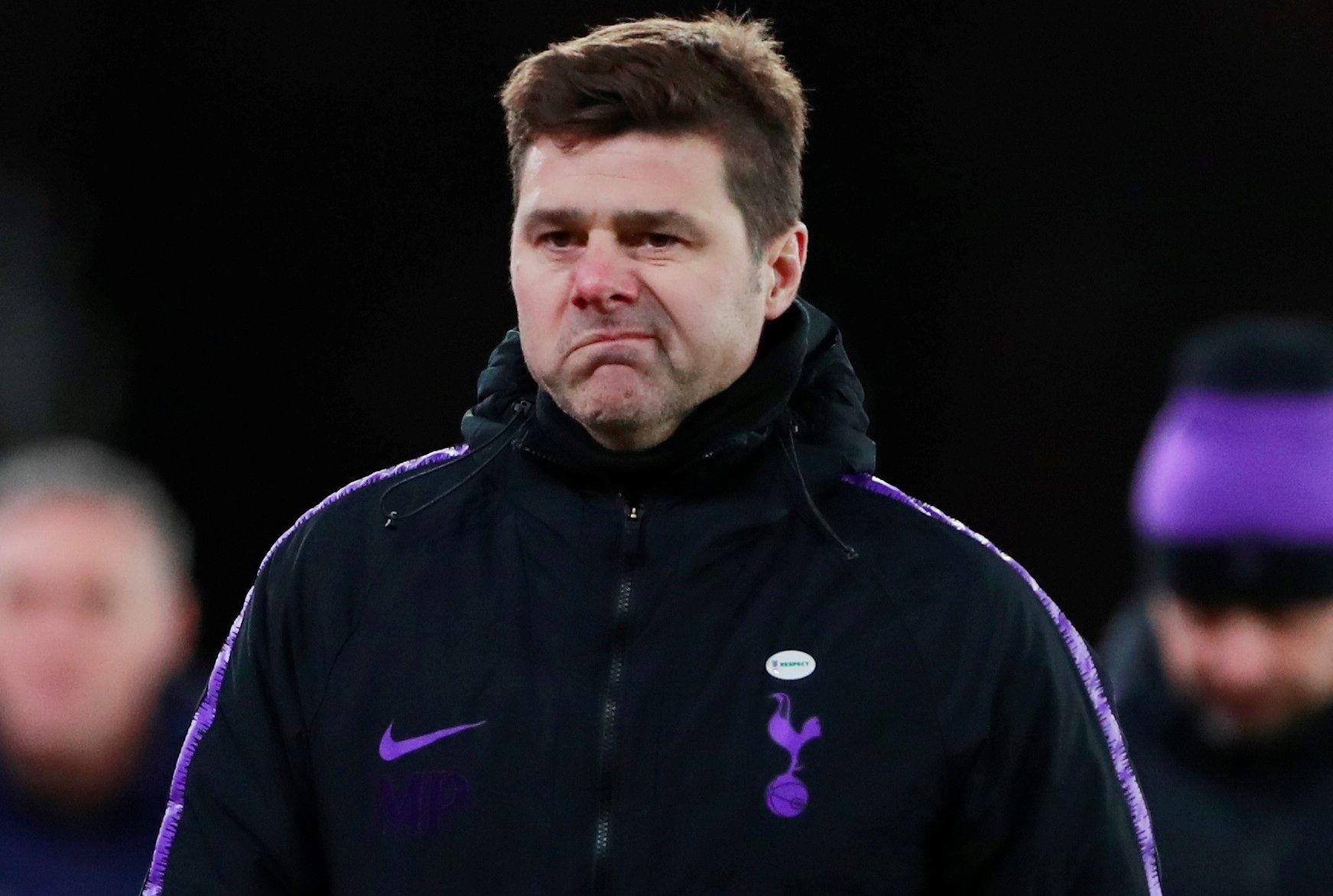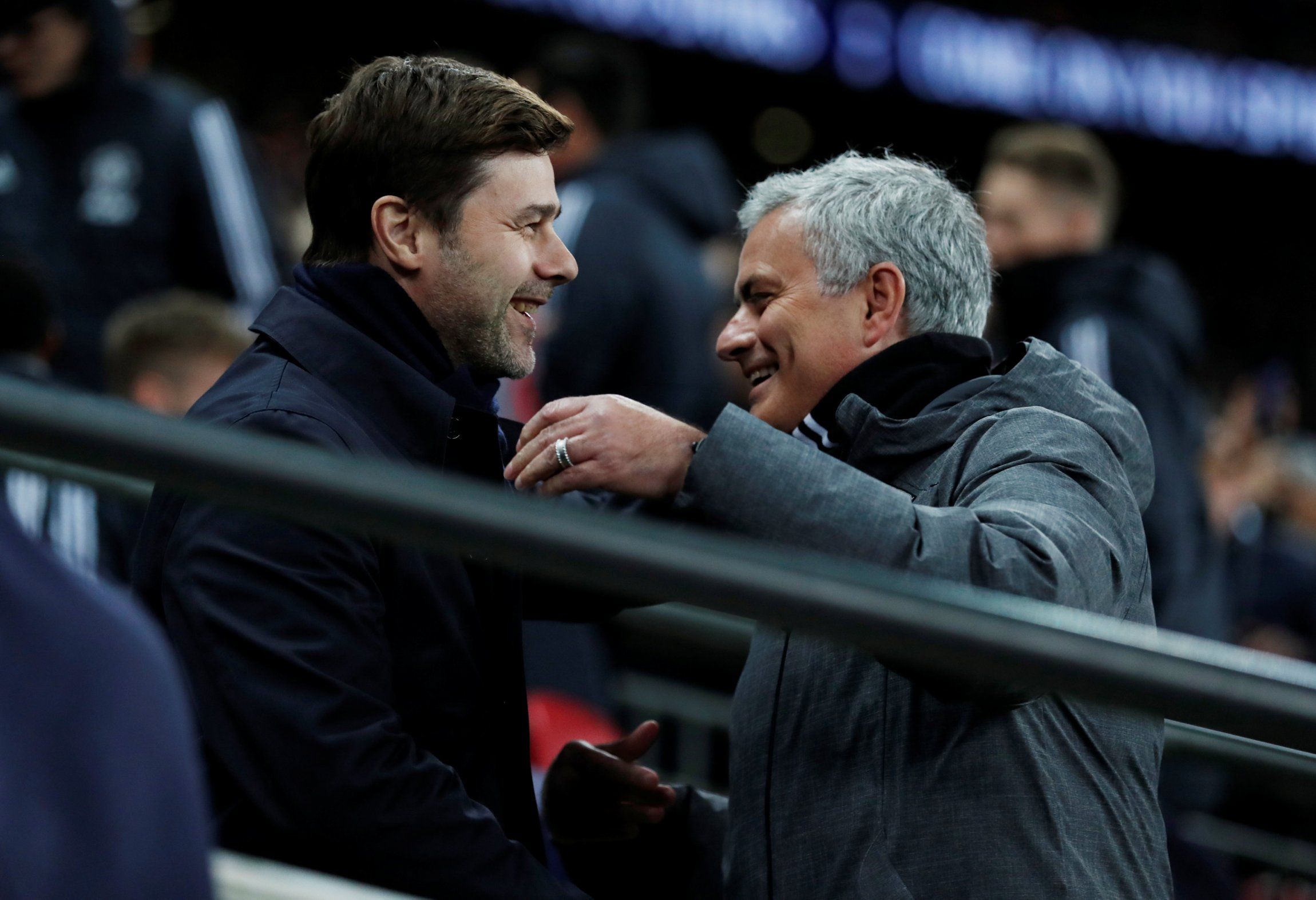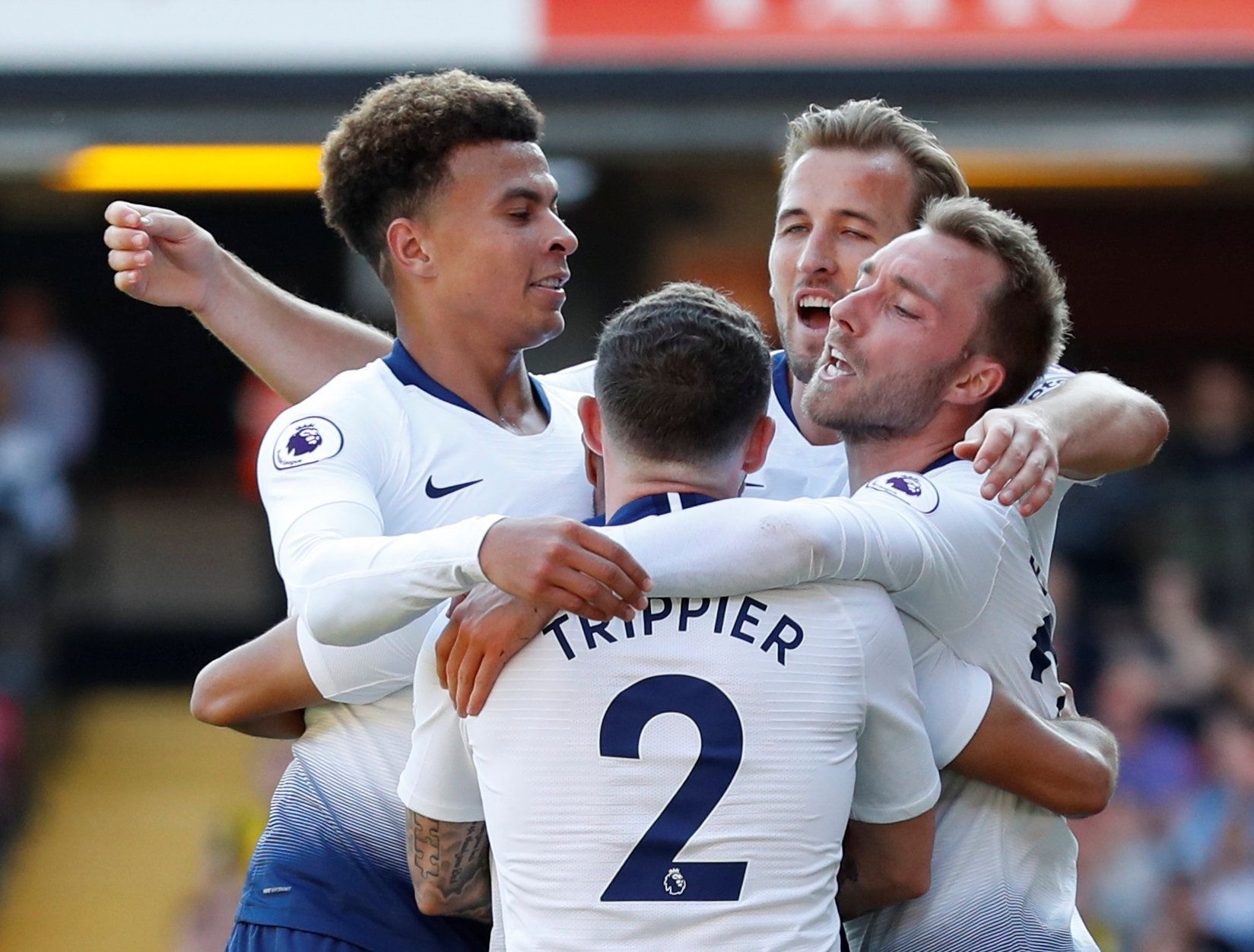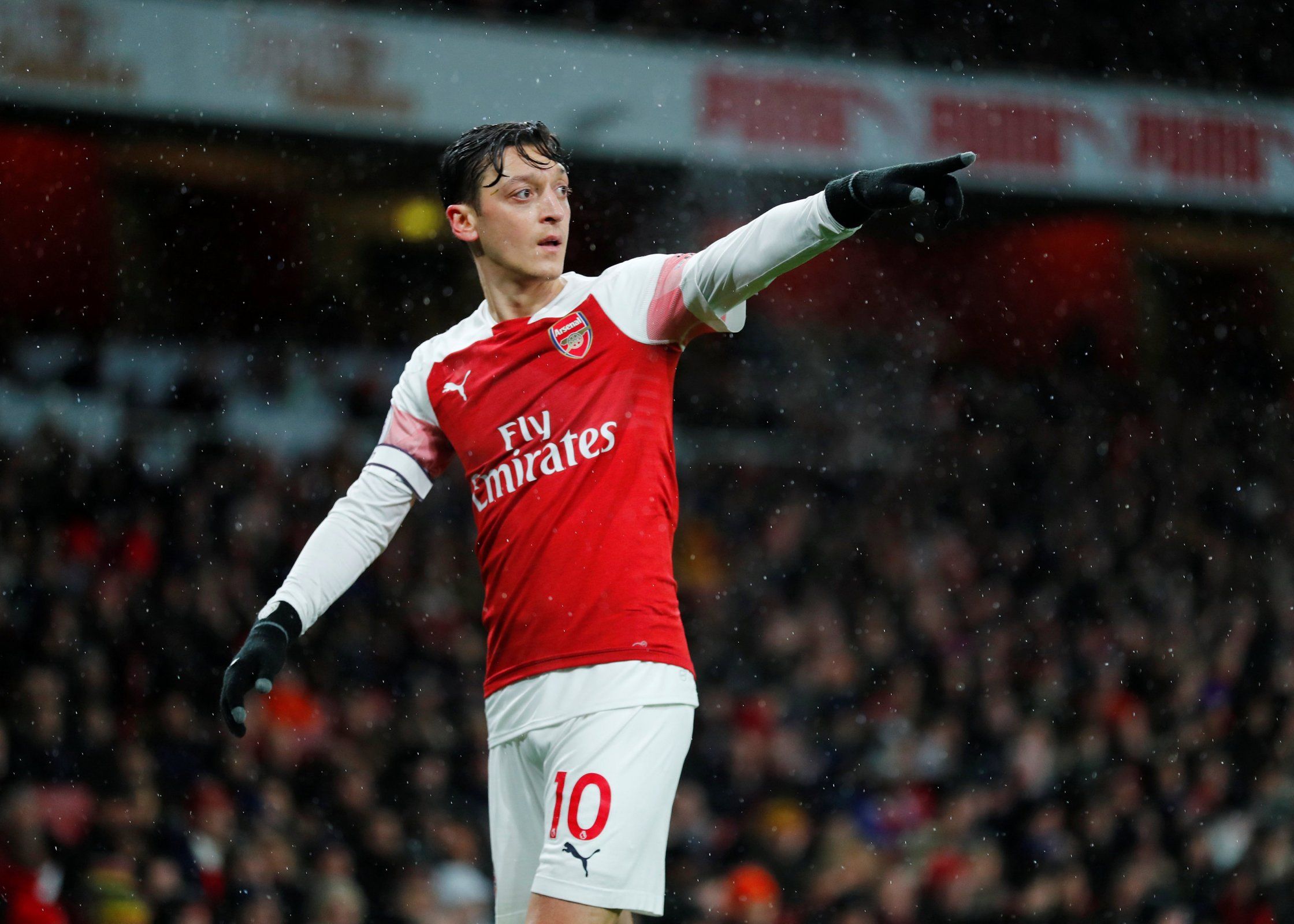[ad_pod ]
When London Evening Standard reported on Sunday that Manchester United are prepared to pay £34million to acquire the services of Mauricio Pochettino, the immediate, knee-jerk reaction was one of shock.
As far as managers go that's a staggering sum - according to The Telegraph's Matt Law, reporting in December, it would be a world-record amount.
And yet, that in itself highlights the strange paradox of football. How can the most expensive player in the world, £200million man Neymar, be valued at almost six times more than what might come to be the most expensive sum ever shelled out for a manager?
What other industry values subordinates as greater assets than their bosses, and devotes six times as much money in bringing them into the company? It simply doesn't make sense. Even as London Evening Standard's own report highlights, £34million spent on Pochettino would still be a fraction of the cost United splashed out on Fred last summer. The Brazilian has gone on to make just seven Premier League appearances.
Of course, there's a tangible difference in that footballers are nearly always worth something as long as they're under contract, even if their value rapidly depreciates due to poor performances. Take Danny Ings as an example: Liverpool signed him for an initial £6.5million and after serious injuries limited him to just 25 first-team appearances in three years, they agreed in the summer a £20million sale to Southampton.
Managers, on the other hand, only tend to cost the club even more money when they don't live up to expectations. Jose Mourinho, in addition to pocketing whatever he earned in wages at Old Trafford, was part of a £20million payoff just to get him out of the club after a disastrous run of results.
Yes, clubs often take a hit on flopped signings, but the only way they can find resale value on a manager is if another club comes in for him - and usually, when that happens, it's because he's doing incredibly well. For most clubs too, there is nearly always somebody out of work desperate to take a job, whether its Sam Allardyce or Steve Bruce. Poaching isn't necessary.
That perspective, however, completely ignores the role a manager plays in the modern game, and Pochettino represents a particularly fitting case study. The amount of value he's added to Tottenham's squad simply through exceptional management has been staggering.
Last summer, CIES Football Observatory ranked Harry Kane as the most valuable player in the world, while Dele Alli was valued at over £150million - these are players who, prior to Pochettino's tutelage, were respectively stuck on the fringes of the first team squad and playing in League One.
That's not to suggest Kane and Alli wouldn't be revered as amongst world football's best without Pochettino's guidance, such is their immense natural talent, and it's as much a nod to Tottenham's youth development and recruitment as it is the Argentine. But the chances are that neither would have flourished anywhere near as quickly had Pochettino not taken the reins in north London.
Simply put, managers are value adders; appearances, international caps, performance levels and silverware all naturally increase a player's worth. So why, in financial terms at least, do we view them as so secondary to playing talent?
Unai Emery earns just over £115k per week at Arsenal; Mesut Ozil takes home more than three times that at £350k. In 2016/17, Cristiano Ronaldo earned €87.5million in wages, bonuses and sponsorship; at the start of that same season, Zinedine Zidane's salary was just £4.6million (€5.27million). It seems clubs are prepared to let managers take on all the risk of glory or failure, yet limit them from the same level of reward.
In many ways though, the fact this paradox has become of genuine interest is symptomatic of how football has changed. Managers were once seen as mysterious, illusive figures who watched training from afar, picked the team and occasionally indulged in stuffy, stiff give-nothing-away interviews.
But nowadays, managers are perceived almost as cult-of-personality leaders; visionaries, philosophers, psychologists, heroes and pantomime villains. They've moved from behind the curtain to centre-stage and there's greater attention on tactics, systems and personal relationships than ever before.
Responsibility has accordingly shifted: whenever a team falls short, it's nearly always the manager we blame first. Once upon a time, the passion and commitment of the players would be the primary target.
That, in itself, though, once again highlights the paradox. We expect managers to inspire the best from their players, to organise them in a way that creates football both entertaining and efficient, and yet the notion of a £34million fee - the kind of money that wouldn't even be enough to sign most top class players - still leaves us a little open-mouthed.
You're far more likely to hear a supporter lament it as another indication of football's decadent wealth than praise it as a representation of Pochettino's genuine worth. But maybe, just maybe, a world-record fee for the Argentine is evidence of the situation starting to change.




